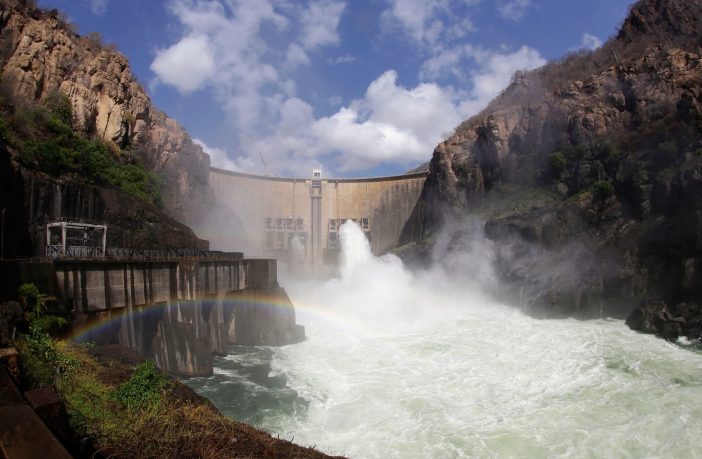- Mozambique’s 1500MW Mphanda Nkuwa Hydroelectric project is expected to cost around US$4 billion.
“This amount is the result of studies carried out so far. Approximately 50% will go on the hydroelectric power station and the remainder on the Tete-Maputo power transmission line,” said Carlos Yum director of the Implementation Office.
Originally planned several years ago, the Mphanda Nkuwa project was relaunched by the President Nyusi in 2018, and would be the largest dam in Mozambique after Cahora Bassa. It will be located 60 kilometres downstream from Cahora Bassa on the Zambezi River in the interior of Mozambique, about 1,500 kilometres northwest of Maputo, the Mozambican capital.
Carlos Yum calls the dam a “structuring project”, as the energy generated will also supply the regional market.
“The power line will work as a highway. In the future, other plants will be able to use the infrastructure, both internally and regionally,” adds Yum, who was sworn in as director of the Mphanda Nkuwa Hydroelectric Project Implementation Office on Wednesday.
Prior to his appointment, Carlos Yum was an administrator at Mozambique Electricity.
In September 2019, the Mozambican government selected a consortium of four companies to provide technical assistance in the preparation of the Mphanda Nkuwa project. Read more
In an interview with Lusa, a year ago – after the project was relaunched – the deputy minister of Energy and Mineral Resources at the time, Augusto de Sousa, said that at least a decade would be needed to build the Mphanda Nkuwa dam and bring it into operation.
Author: GBA News Desk
Source: LUSA












